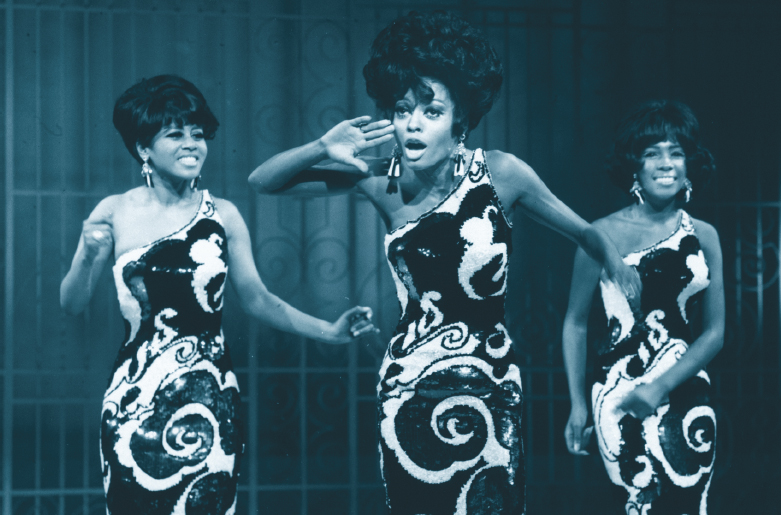Motor City Music: Detroit Gives America Soul
Ironically, the British invasion, which drew much of its inspiration from black influences, drew many white listeners away from a new generation of black performers. Gradually, however, throughout the 1960s, black singers like James Brown, Aretha Franklin, Otis Redding, Ike and Tina Turner, and Wilson Pickett found large and diverse audiences. Transforming the rhythms and melodies of older R&B, pop, and early rock and roll into what became labeled as soul, they countered the British invaders with powerful vocal performances. Mixing gospel and blues with emotion and lyrics drawn from the American black experience, soul contrasted sharply with the emphasis on loud, fast instrumentals and lighter lyrical concerns that characterized much of rock music.16

The most prominent independent label that nourished soul and black popular music was Motown, started in 1959 by former Detroit autoworker and songwriter Berry Gordy with a $700 investment and named after Detroit’s “Motor City” nickname. Beginning with Smokey Robinson and the Miracles’ “Shop Around,” which hit No. 2 in 1960, Motown enjoyed a long string of hit records that rivaled the pop success of British bands throughout the decade. Motown’s many successful artists included the Temptations (“My Girl”), Mary Wells (“My Guy”), the Four Tops (“I Can’t Help Myself”), Martha and the Vandellas (“Heat Wave”), Marvin Gaye (“I Heard It through the Grapevine”), and, in the early 1970s, the Jackson 5 (“ABC”). But the label’s most successful group was the Supremes, featuring Diana Ross, who scored twelve No. 1 singles between 1964 and 1969 (“Where Did Our Love Go,” “Stop! In the Name of Love”). The Motown groups had a more stylized, softer sound than the grittier southern soul (later known as funk) of Brown and Pickett.